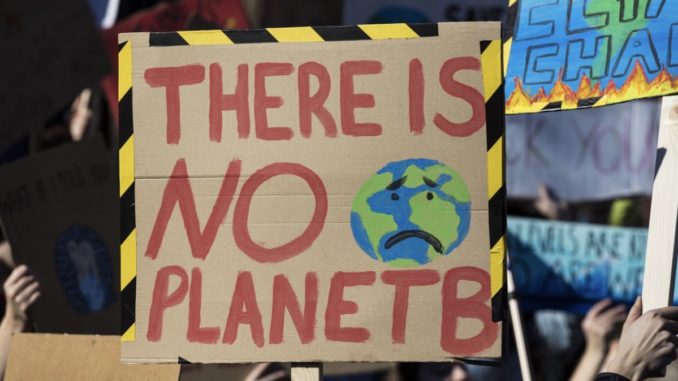
Declaring a global climate emergency, more than 11,000 scientists from 153 countries have warned “untold suffering” is inevitable without deep and lasting shifts in human activities that contribute to greenhouse gas emissions and other factors related related to climate change. The declaration is based on scientific analysis of more than 40 years of publicly available data covering a broad range of measures, including energy use, surface temperature, population growth, land clearing deforestation, polar ice mass, fertility rates, gross domestic product and carbon emissions.
Despite 40 years of major global negotiations, we have continued to conduct business as usual and failed to address this crisis. Climate change has arrived and is accelerating faster than expected. It is important to point out six areas in which humanity should take immediate steps to slow down the effects of a warming planet. These are energy, short lived pollutants, nature, food, economy and population.
The basic quest for all of us is to provide adequate food and energy supplies and sustain it. For that we are exploiting our nature to the best of our ability, which has caused tremendous damage to the nature. Referring to the India’s context, many things including the monsoon, have changed in the environmental pattern. There is a tremendous change in monsoon pattern across the country, which has triggered the changes in agricultural practices. Mitigating and adapting to climate change while honouring the diversity of human entails major transformations in the ways global society functions and interacts with natural ecosystems.
Govermental bodies are making climate emergency declarations. School children are striking, according to the declaration. Ecocide lawsuits are proceeding in the courts. grassroot citizen mov ement are demanding change, and many countries, states and provinces, cities and businesses are responding.
Oxford Dictionaries has declared “climate emergency” the word of the year for 2019, following a hundred-fold increase in usage that it says demonstrated a “greater immediacy” in the way we talk about the climate. According to this it is defined as “a situation in which urgent action is required to reduce or halt climate change and avoid potentially irreversible environmental damage resulting from it”. In 2019, “climate” became the most common word associated with “emergency”, three times more than “health emergency” in second.
Matter referenced:
- Times of India, Ahmedabad, Thursday, 7th November, 2019.
- https://www.theguardian.com/environment/2019/nov/21/oxford-dictionaries-declares-climate-emergency-the-word-of-2019
By: Dr. Bhawana Asnani.
Happy to see Reviews, Additions, Suggestions and Comments, further.

Leave a Reply
You must be logged in to post a comment.